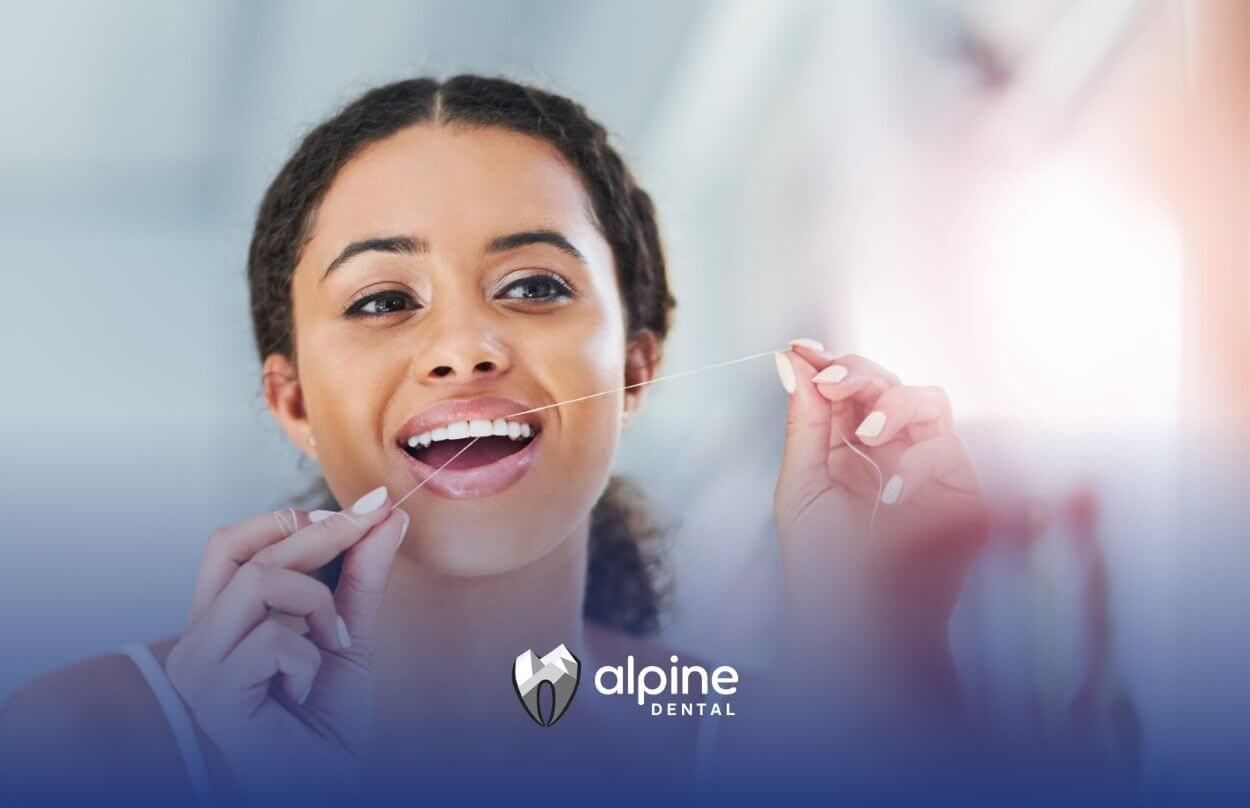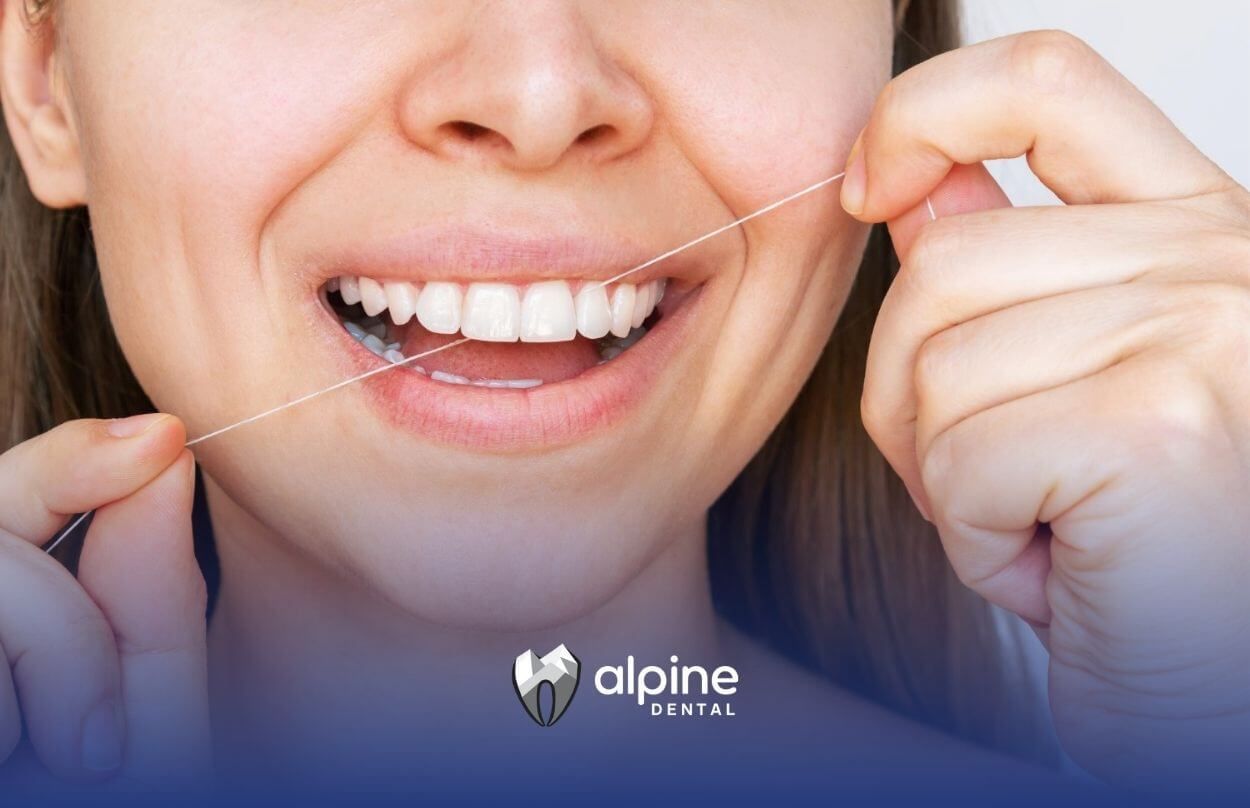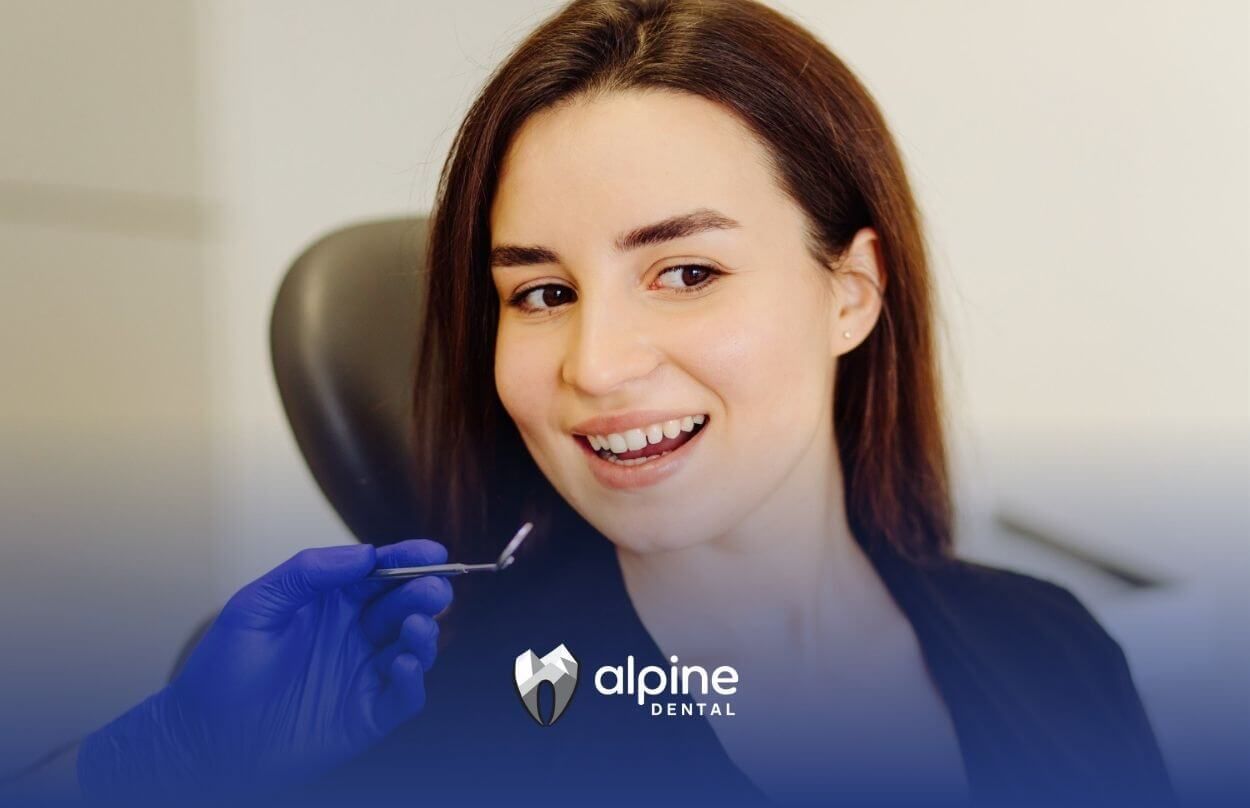What are Some Good Habits for Long-Term Dental Health? Here’s Your Guide!
Taking care of your teeth isn’t just about today—it’s about protecting your smile for decades to come. Good oral hygiene prevents cavities, gum disease, and even serious health problems linked to poor dental care. But what are some good habits for long-term dental health? The answer lies in small, consistent actions that add up over time.
I once had a patient who thought brushing alone was enough. He skipped flossing and rarely visited the dentist. Over the years, small cavities turned into major issues, leading to costly treatments. When he finally committed to a proper routine, his oral health improved dramatically. His story is proof that simple habits make all the difference.
Let’s break it down and go over the must-have habits for a healthy smile.
1. Brushing Twice a Day: The Foundation of Oral Health
We all know we should brush our teeth, but are you doing it correctly?
✅
Use a soft-bristled toothbrush – Hard bristles can damage your enamel and gums.
✅
Brush for two minutes – Rushing through won’t remove enough plaque.
✅
Use fluoride toothpaste – Fluoride strengthens enamel and prevents cavities.
✅
Don’t forget your tongue! – Bacteria love to hang out there, causing bad breath.
Brushing twice a day removes food particles and bacteria, preventing plaque buildup that leads to cavities and gum disease.
Pro Tip: Replace your toothbrush every 3–4 months, or sooner if the bristles look worn out!
2. The Power of Fluoride: Your Tooth’s Best Friend
Fluoride is like an invisible shield for your teeth. It helps remineralize enamel, making it stronger and more resistant to decay.
Where can you get fluoride?
✔
Fluoride toothpaste – A must for daily brushing.
✔
Mouthwash with fluoride – Adds an extra layer of protection.
✔
Fluoridated water – Many cities add fluoride to tap water for better dental health.
If you’re not sure whether your water has fluoride, check with your local water supplier or ask your dentist.
3. Flossing: The Step You Shouldn’t Skip
Think brushing alone is enough? Think again. Your toothbrush can’t reach between your teeth, where plaque loves to hide. That’s why flossing is essential.
Why flossing is important:
✔ Removes
food particles and plaque from between teeth.
✔ Helps
prevent cavities in hard-to-reach spots.
✔ Protects against
gum disease (gingivitis).
✔ Keeps your
breath fresh by removing trapped debris.
If traditional floss feels like a hassle, try floss picks or a water flosser—whatever makes it easier for you to stick with the habit!
Pro Tip: Floss before brushing to loosen up plaque, making your brushing more effective.
4. Regular Dental Checkups: Your Smile’s Safety Net
Even if you have perfect oral hygiene, you still need to see your dentist at least twice a year. Why?
- Early Detection – Dentists can catch small problems before they turn into expensive, painful issues.
- Professional Cleaning – Removes hardened plaque (tartar) that brushing alone can’t get rid of.
- Gum Health Check – Detects early signs of gum disease before it leads to tooth loss.
If you experience bleeding gums, persistent bad breath, or tooth sensitivity, don’t wait—schedule a dental visit soon.
5. Eating for Dental Health: What You Eat Matters
Your diet plays a huge role in keeping your teeth and gums strong. Some foods protect your teeth, while others increase the risk of decay.
Best Foods for Your Teeth:
- Crunchy veggies & fruits (carrots, apples, celery) – Naturally clean teeth and stimulate saliva.
- Dairy products (cheese, yogurt, milk) – Provide calcium to strengthen enamel.
- Lean proteins (chicken, fish, nuts) – Contain phosphorus, which helps protect teeth.
Worst Foods for Your Teeth:
- Sticky candies (caramel, gummies) – Sugar lingers on teeth, feeding cavity-causing bacteria.
- Sodas & fruit juices – Loaded with sugar and acids that wear down enamel.
- Popcorn kernels – Can crack teeth or get stuck, leading to gum irritation.
Pro Tip: If you indulge in sugary foods, rinse your mouth with water afterward to minimize acid exposure.
6. Say No to Smoking & Excessive Alcohol
Smoking damages your gums, stains teeth, and increases the risk of oral cancer. Meanwhile, alcohol dries out your mouth, reducing saliva flow, which helps wash away bacteria.
If you smoke, quitting is one of the best things you can do for your oral health (and overall health!). Talk to your dentist or doctor about resources that can help.
7. Stay Hydrated: Water is Your Smile’s Best Friend
Drinking plenty of water throughout the day helps:
- Wash away food particles and bacteria.
- Keep your mouth moist, preventing dry mouth.
- Reduce acidity in your mouth, protecting enamel.
Bonus: If your tap water contains fluoride, you’re strengthening your teeth every time you drink!
Conclusion
Maintaining long-term dental health doesn’t have to be complicated. By making these habits a part of your daily routine, you can keep your teeth strong, your gums healthy, and your breath fresh.
✅ Brush
twice a day with fluoride toothpaste.
✅ Floss
daily to prevent gum disease.
✅ Visit your
dentist regularly for checkups and cleanings.
✅ Eat
teeth-friendly foods and limit sugar.
✅ Avoid
smoking and excessive alcohol consumption.
✅ Drink plenty of
water to keep your mouth hydrated.
Your future self (and your dentist) will thank you for taking care of your smile today! 😁
Is it time for your next dental checkup? Schedule an appointment with Alpine Dental and keep your smile in top shape!
FAQs
What happens if I don’t floss?
Skipping flossing allows plaque and bacteria to build up between teeth, leading to cavities and gum disease over time.
Can I use mouthwash instead of flossing?
No. Mouthwash can help freshen breath and kill bacteria, but it doesn’t remove plaque between teeth the way flossing does.
How often should I replace my toothbrush?
Every 3–4 months, or sooner if the bristles look frayed.
Sources:
- https://www.health.harvard.edu/staying-healthy/rinse-brush-floss-scrape-and-repeat#
- https://my.clevelandclinic.org/health/treatments/16914-oral-hygiene
- https://pmc.ncbi.nlm.nih.gov/articles/PMC10488684/
- https://www.medicalnewstoday.com/articles/324708
- https://www.nia.nih.gov/health/teeth-and-mouth/taking-care-your-teeth-and-mouth




